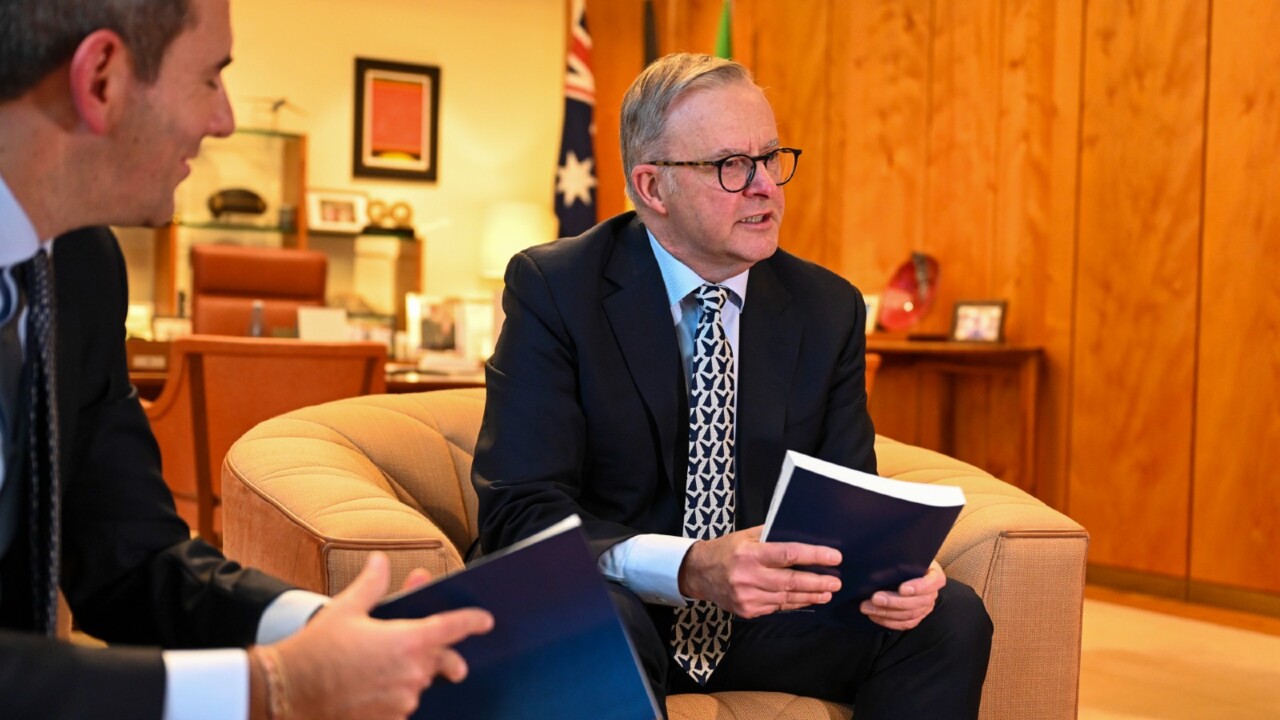Budget tax compliance crackdown fails to deliver genuine reform: BDO
While the federal budget cracked down on tax compliance, it failed to deliver genuine sustainable reform of the taxation system that will steer Australia forward.

QBW
Don't miss out on the headlines from QBW. Followed categories will be added to My News.
A slew of announcements in Tuesday night’s federal budget aimed at cracking down on tax compliance may rake in significant revenue for the government but it does little to ensure we have a sustainable tax system fit for the future.
Most of the compliance crackdown measures are extensions of existing programs and will see individuals, small businesses, multinationals, and blatant tax evaders come under increased scrutiny from the ATO.
Multinationals should be particularly on alert, with the government tightening the net through the implementation of a global and domestic minimum tax rate, while giving teeth to the general anti-avoidance rules to target withholding tax rate minimisation schemes and schemes to save foreign tax where the Australian tax take is only collateral damage.
Such measures are useful, but we need to have a frank national conversation about reforming the tax system to ensure the spending programs that governments see as important are supported by a fit-for-purpose tax system.
Unfortunately, a slender budget surplus will likely mean that any discussions around holistic tax reform will be cast aside until budget comes under pressure from higher spending and lower tax receipts in the medium-term.

It’s not all doom and gloom in the budget, of course, with small businesses set to enjoy the $20,000 instant asset write-off. This comes in addition to a maximum $20,000 additional tax deduction for small businesses that invest to electrify.
The instant asset write-off will help small businesses buy small assets like computers, printers, and photocopiers but it’s unlikely to move the needle on significant capital projects that typically cost more than $20,000.
However, there’s still time to make the most of a previous measure for purchases above $20,000. Businesses will need to get their skates on though, because they need those assets installed ready for use by June 30, 2023.
The additional tax benefits for substantial build to rent projects will give earlier tax deductions for capital invested, as well as a lower tax rate for foreign investors. The intention is to attract more money to new property, and thereby take pressure off the overstretched and overheating residential housing market.
In conclusion, while the government’s focus on compliance is necessary, it is not the solution to creating a sustainable tax system. We need a discussion about genuine tax reform leading to a sustainable tax system that will encourage investment and ultimately lead to economic growth.
Mark Molesworth, Tax Partner at BDO in Australia





